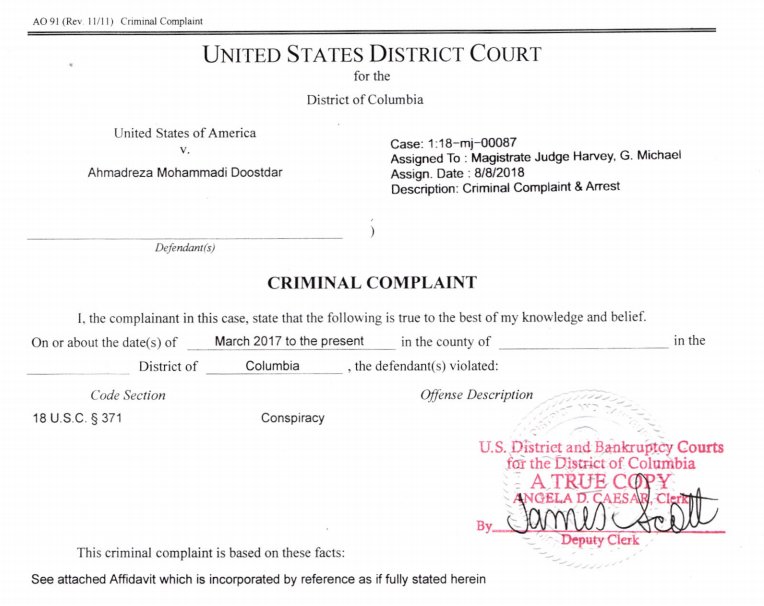Grab a cuppa. Pull up a chair. We may be here a lil' while. /1
#history #archives
A good number work part time or are on low incomes, so prosperous productivity is essential. /2
I personally like to stack up files and blitz through them. I'm one of a majority who photographs material to view later.
Sure you may skim a page on site, but the real study is at home/in the office, often working late /3
Given the nature of work, I'd be lucky to transcribe 15k-20k a day of material, which could be a few (or even just one) file. I consider that a good rate. /4
Camera policies shifted and I moved over, the change was immense. You could crack through 10-20x the amount of material a day. BOOM. Done. /5
A pretty big deal for democratising research and work, esp with file transfer.
/6
However time remains the enemy, and productivity the goal...
/7
This doubly applies to those on low incomes or working irregular hours, from deprived areas or making long commutes to view material. /8
IWM stands out in this regard. /10
So... as a rule researchers (especially the younger demographic) want to trawl data, with cameras, and analyse later at home/on a commute to work, or in the evenings. /11
That said you will be able to preorder up to 40... /12
4,654 visitors went to TNA in June 2019. It's open 5 days a week. about 232.7 a day. Of these, 3.4% would be able to preorder 40 files.
That is ludicrous. 3.4% /13
So unless you are say, blitzing large war diaries or such, you could still be finishing very early. /14
So we'll hear from less diverse/younger voices. Again. /15
Either they don't get what the problem is or they don't care.
It's a deeply concerning future problem. /16
Odds on that researcher/student project and time costs increase, leading to more pressure across the board. Productivity of users will decrease.
That said, who needs a new generation of dynamic experts from diverse backgrounds anyway? /thread






